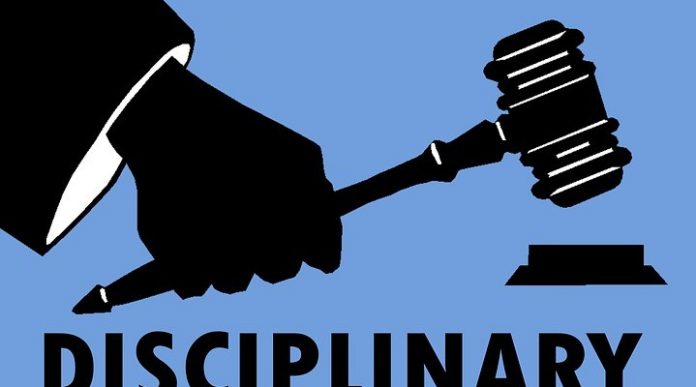Conduct of Lawyers Needs To Be Regulated Rather Than Lawyers’ Fees
The cost of litigation has spiralled in India in the years after economic liberalisation. Lawyers’ fees are a major reason for this. With the judicial system tolerant of adjournments, court cases have become drawn out leading to lawyers’ fees multiplying.
The resulting drain of money and loss of time, along with emotional and physical exhaustion often dissuades many from accessing the justice system .
The Supreme Court last week asked the Centre to consider introducing legislation to regulate the legal profession and introduce caps on lawyers’ fees referring to the “astronomical” fees levied by them.
However fixing the ‘floor and ceiling’ of fees of professionals can be impractical in a free economy.
Only a small number of lawyers charge fees running into lakhs per hearing and these primarily cater to elite clients and large corporate houses. The earnings of this small set of lawyers during their often brief hearings in the SC on Mondays and Fridays is likely to be more that the average annual salary of professionals of other fields.
Conduct Of High Profile Lawyers Worrisome
The exorbitant fees , along with the necessity of maintaining their high strike rates, typically puts pressure on these high profile lawyers to get favourable outcomes for their clients.
Any negative response from judges riles them up and they often use every possible tactic to make the judge give into their demands.
Another set of lawyers, act as “semi-politicians” out of courts and as “activists” on social media platforms like Twitter. When these lawyers file public interest litigations, they demand that the courts pay attention else the judges are called ‘corrupt’, or ‘government lackey’.
These two categories of lawyers often raise their voices and try to browbeat the judge by making them feel deficient in their legal knowledge during court proceedings. Some judges stand up to such treatment and at such times these lawyers often seek the judge’s recusal.
This form of advocacy is gaining ground, with the result that courts have become a kind of battle field. Respect for the judges and others has reduced, leading to the reputation of the overall judiciary suffering.
Attempts to Intimidate Judges Not New
Although not new, the practice of browbeating judges has increased in recent times.
Some previous examples of this behaviour are
- In the Subrata Roy Sahara case, a bench of Justices K S Radhakrishnan and J S Khehar, hearing the matter was frustrated with the behaviour of appearing eminent lawyers, referred to Delhi High Court’s response with respect to a plea for Justice Manmohan Sarin’s recusal.
Justice Sarin noted that when “unfounded and motivated allegations of bias” are made in order to browbeat a judge or for bench preference then giving in to such pressure was” tantamount to not fulfilling the oath of office.”
– In ‘Re: Ajay Kumar Pandey’ [ AIR 1998 SC 3299], the SC had noted that no one was permitted to intimidate judges by “making scandalous, unwarranted and baseless imputations against them” in order to get the orders the litigant wants. The court added, that the “liberty of expression” cannot taken “as a licence to scandalise the court.”
- In M/s Chetak Construction Ltd vs Om Prakash [AIR 1998 SC 1855], the SC had pointed out that terrorising judges so as to achieve their orders was not something any “civilised system of administration of justice” can permit.
Lawyers Must Not Have Any Stakes In Their Litigation
The American Bar Association adopted in 1937, a canon that asked lawyers to not to “purchase any interest in the subject-matter” of the litigation they were was involved in. This needs to apply to Indian lawyers as well.
Lawyers filing PILs today often have high stakes attached to it, both socially and politically, if not monetarily . These lawyers therefore have an intrinsic interest in sustaining the PIL to retain their position in social and political spheres.
The legal fraternity – both judges and lawyers –must to work together to formulate a self-correcting mechanism that protects public faith in the institution.
Courts mustn’t of course turn down enquiries into allegations against judges when reasonable proof is presented, but baseless insinuations mustn’t be allowed to deter the delivery of justice.





